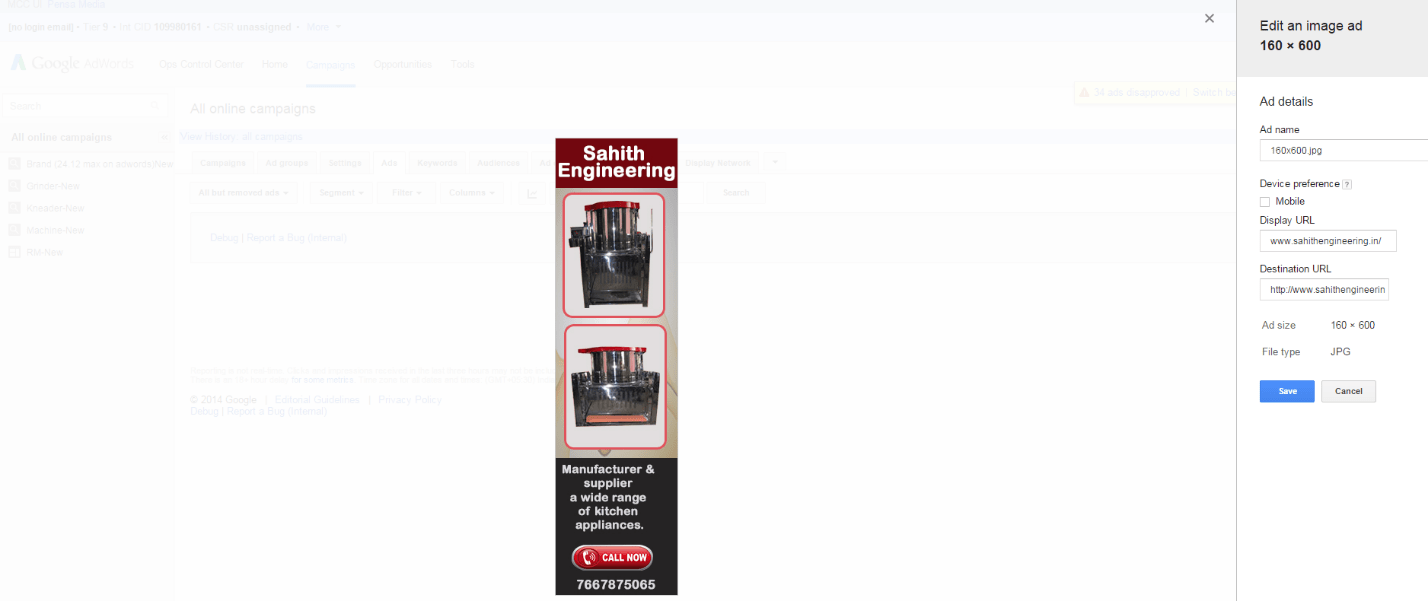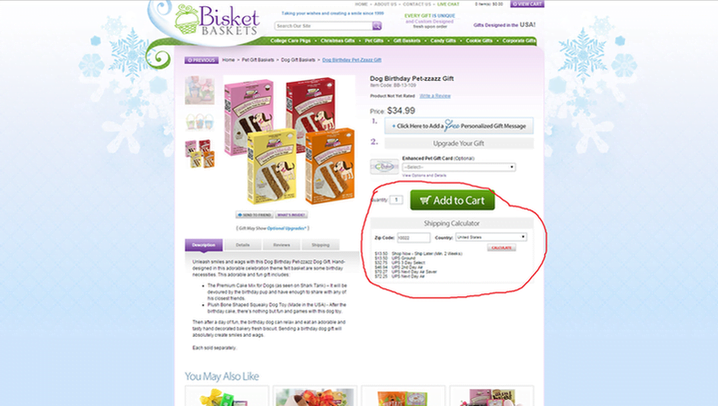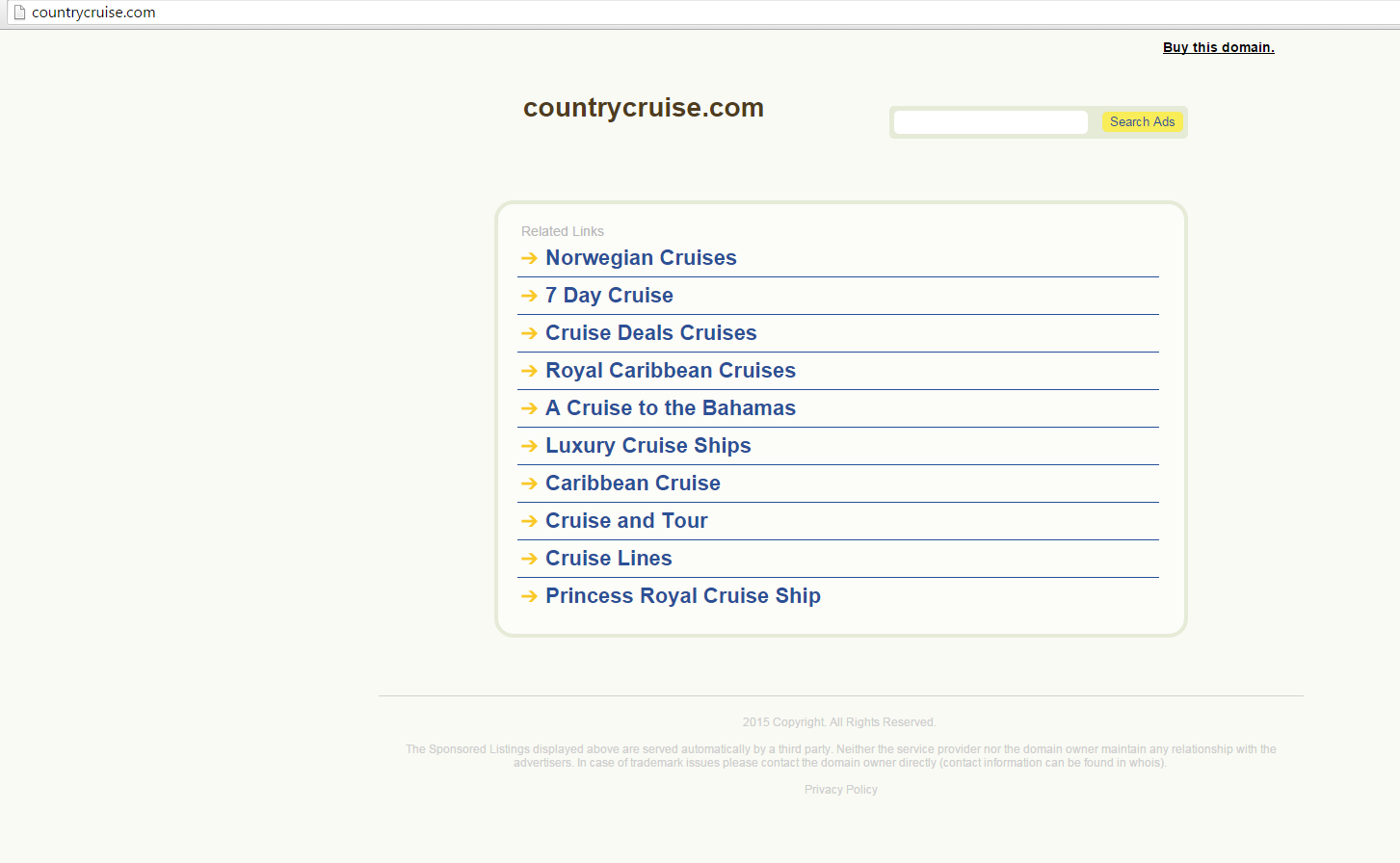
Getting an “Ad Disapproved” notice from Google can be a traumatic ordeal, especially if it doesn’t provide a clear explanation of the policy violation. Over the past quarter, we’ve seen an increase in ad disapprovals, many of them having nothing to do with the advertiser. Here are the most common three reasons for ad disapprovals that aren’t your fault.
An update on ad disapprovals: Google has introduced a new three-strikes ad policy program. Learn more here.
Medical/Pharmaceutical: My Business Doesn’t Sell Anything Medical!
Google is rightfully restrictive about the products and services that advertise under the medical banner. You can see the full policy here. The problem is, sometimes crawlers get it wrong and flag an ad for review or a site for suspension when there is no inherent policy violation.
Take advertiser A: they sell ingredients and herbs for cooking, but got an ad disapproved because it mentioned Tamiflu and Penicillin. Here is the ad in question:
Headline: Buy Chinese 5 Spice
Line One: Premium Chinese 5 Spice With
Line Two: Fast & Free Delivery. Order Online!
Display URL: www.JustIngredients.co.uk/Chinese-5
Destination URL: www.justingredients.co.uk/chinese-5-spice-2158.html?creative={creative}&keyword={keyword}&matchtype={matchtype}&network={network}&device={device}
Curious where this page leads?
Not a mention of prescription drugs. However, when asked for an explanation on why the ad was disapproved, these are the screenshots that were sent back:
Neither of these sites or products have anything to do with the client or the medical flag from Google. Needless to say, once the error was pointed out the disapproval was cleared, but this is a common occurrence for a very simple reason: flags are issued based on website crawlers, not human insight. It takes showing the humans who process the disapprovals the discrepancies to get them lifted, but that’s not going to stop Google from disapproving an ad and halting profit.
If you suspect your ad has been falsely attributed with a medical/pharmacy ban, get in touch with AdWords ASAP, as creating a new ad may not be sufficient. If the disapproval is justified (you classified your product/service as medical), then you can go through the process to get it reapproved here.
Bad URL: But It Goes Where I Want It to Go!?
Choosing the right landing page for your ad is a vital part of getting the conversion, but it’s also vital to avoid ad disapprovals. Having an ad point to a page that doesn’t deliver on the promise of the ad can lead to, at best, a bad Quality Score, but at worst a disapproved ad. Most of the time Google is in the right on this one, but every once in a while, a case like this one will come up:
The advertiser worked with their client through a site redesign, and while there was some load time issues, the destination URL led to where it was supposed to go. Enter the dreaded ad disapproval notice:
“We’ve determined that your site doesn’t comply with our site policies. Because of this, any ads promoting this site have been disapproved.”
When pressed for an explanation, the reply was: Parked domain.
This should have been the end of the inquiry – parked domains are an inexcusable offense, but the problem is, the flag was assigned to the wrong URL – CountryCruising.com vs. CountryCruise.com.
Once the mistake was recognized, the disapproval got lifted, but had there not been an exchange with Google, the ad would have been wrongfully disapproved. Long story short – the Google crawlers are not infallible.
Another cautionary tale is on globally functional URLs. Regardless of your campaign’s targeting, Google policy states your URL must work everywhere a user could access it. This is a newer policy and one to keep in mind during site redesigns.
‘Misleading Behavior’: What Do I Do!?
Our final tale of common ad disapprovals is one that is out of Google’s and your hands: when a site gets hacked. A client who has asked to remain nameless has a service that connects US host families with international students looking for boarding while they attend school. The landing pages lead to an application process where families can get approved. Nowhere on their site do they make any medical claims – yet their ads got disapproved for making misleading promises and for promoting a medical site. When investigating this further, it turned out, this wasn’t an AdWords issue, it was a Webmaster issue.
The site had been hacked.
Someone had stuffed the site with meta-keywords pertaining to medical products, forcing the site to get disapproved despite three copy rewrites. This hack cost the company $897 in development charges, and countless lost revenue from their ads not being able to be displayed. It is worth noting this site is an international site and the account advertises across international markets.
The Takeaway
What to take away from these cautionary tales:
Google gets it right most of the time – but they are not infallible. If you suspect your ad is being disapproved because of a misunderstanding, speak up and provide proof. Data will always win the day.
















Comments
Please read our Comment Policy before commenting.